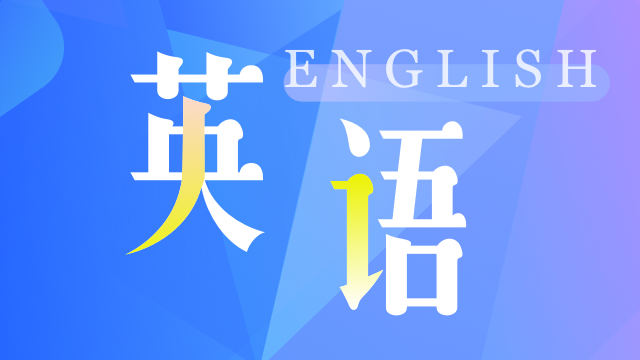词汇精选:interpretation的用法和辨析
一、详细释义:
n.
理解,解释,说明 [U]
例句:
This passage is open to a variety of interpretations.
这篇文章可以有各种不同的解释。
例句:
His arrival can be given more than one interpretation.
对他的到来可作出不止一种解释。
翻译,口译 [U]
例句:
I really like the Japanese interpretation.
我非常喜欢日语口译。
例句:
He is good at interpretation.
他擅长口译。
演绎,演奏方式,表演方式 [C]
例句:
A musician usually has his own interpretation of a piece of music.
音乐家对一支乐曲通常有自己的艺术处理办法。
例句:
Interpretation is often as important as the text itself.
表演往往和剧本本身一样重要。
二、词义辨析:
explanation,definition,description,exposition,interpretation
这些名词都含有“解释”或“说明”之意。 explanation普通用词,指使人明白未知或不清楚的事。 definition主要指对某一词、短语或专门术语的含义作解释、下定义。 description指对某一事物的重要方面进行详细叙述,常含教育与启迪意味。 exposition通常指对论点、假设、理论等的重点作详尽的阐述。 interpretation多指对文字上较难的段落,或难于理解,令人迷惑的问题作出解释或说明。
三、相关短语:
literal interpretation
【法】 字面解释, 文字解释
四、参考例句:
This interpretation is illegitimate.
这一解释是不合逻辑的。
It is this unwitting interpretation of interpretation that interests him.
正是这个未被意识到的“阐释的阐释”吸引了他。
Simultaneous interpretation is quite difficult.
同声传译非常困难。
They put a false interpretation on events.
他们对事件进行了错误的解释。
History is always a matter of interpretation.
历史总是一种阐释角度的问题。
His interpretation is coherent and intelligible.
他的翻译通顺易懂。
They put a false interpretation on events.
他们对事件进行了错误的解释。
His interpretation of the screenplay is unique.
他对这个电影剧本的理解有其独到之处。
She gave the delegation a strict interpretation of the speech.
她把这段话准确地向代表团作了翻译。
Their interpretation was faulty — they had misinterpreted things.
他们的理解是错误的——他们将事情曲解了。
- 相关热点:
- 儿童教育











